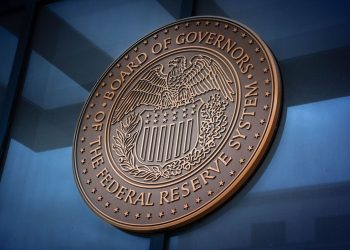Adding a better-than-expected 390,000 jobs in May, the U.S. labor economy continues a blazing stretch of pandemic-recovery growth with overall unemployment holding at 3.6%, as most observers remain laser-focused on the Fed and a path toward balanced inflation and normalized economic policy.
“Today’s report will likely support additional 50-basis-point hikes by the Federal Reserve at the next two FOMC meetings,” said Mortgage Banker Association (MBA) Chief Economist Mike Fratantoni in a statement. “Even if inflation readings show some deceleration, this degree of labor market tightness will likely continue to put upward pressure on wages and prices.”
As the leisure and hospitality industry continues to see strong gains (adding 84,000 jobs this month), the hope for a summer of nearly post-pandemic economic activity seems more possible even as rising mortgage rates and stock market volatility have some economists still worried about a recession.
Realtor.com® Chief Economist Danielle Hale said in a statement that she does not think this slightly more positive report will change much.
“I don’t expect today’s data to shift investor expectations in a big way,” she said. “This means, roughly steady to slightly higher mortgage rates ahead, a welcome respite for today’s home shoppers navigating higher home costs due to the combo of generally higher rates and prices.”
Hale noted that the economy is now less than a million jobs (822,000) away from the pre-pandemic high.
In less good news, retail sectors actually lost some jobs this month, down 61,000, while information, financial activities and other services remained flat. Also concerning, the unemployment rate for Black Americans edged upward from 5.9% to 6.2%, even as overall employment has remained steady.
As far as the housing industry, Fratantoni noted that construction jobs increased by 36,000, though builders have not yet managed to balance supply with persistently strong demand.
“16,000 of that [ job ] growth in the residential sector,” he added. “Although housing inventory is beginning to increase, demand continues to exceed supply even as mortgage rates have spiked. The continued strength in the job market will provide ongoing support to housing demand.”
President Joe Biden also mentioned the housing shortage and affordability issues in remarks this morning reacting to the labor report, highlighting a White House roadmap released last month intended to create more housing and decrease costs.
As wages have failed to outpace inflation even with price growth finally showing signs of slowing, Hale points out that buying power is actually lower right now, with no immediate sign that mortgage rates will decline. She agreed with Fratantoni that the Fed will likely move forward with multiple 50-basis point rate hikes.
The Fed will be armed with this data at its June discussions, scheduled in the next week and a half. Today’s data likely line up with the Fed’s recent expectations,” Hale said. “Specifically, the labor market remains strong and can withstand another hike or two of the size the Fed plans to deliver to help bring the Fed Funds rate back to neutral, which will help curtail inflation.”












